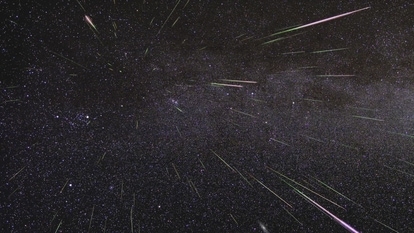Asteroid to pass Earth by just 721,000 km today, reveals NASA; Know how big it is
NASA has revealed details about an asteroid that is expected to pass Earth by a close margin today, April 1. From its size to the speed at which it is approaching the planet, know all about it.
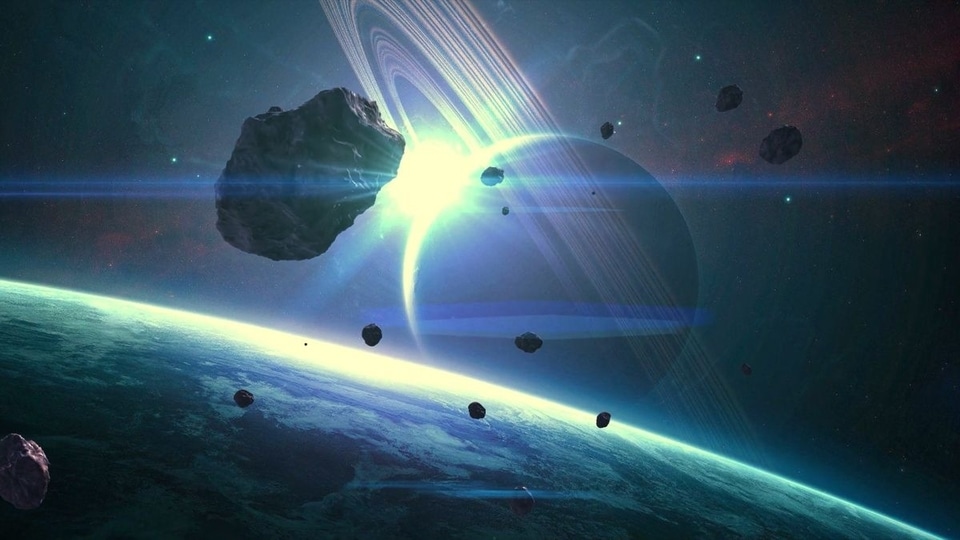
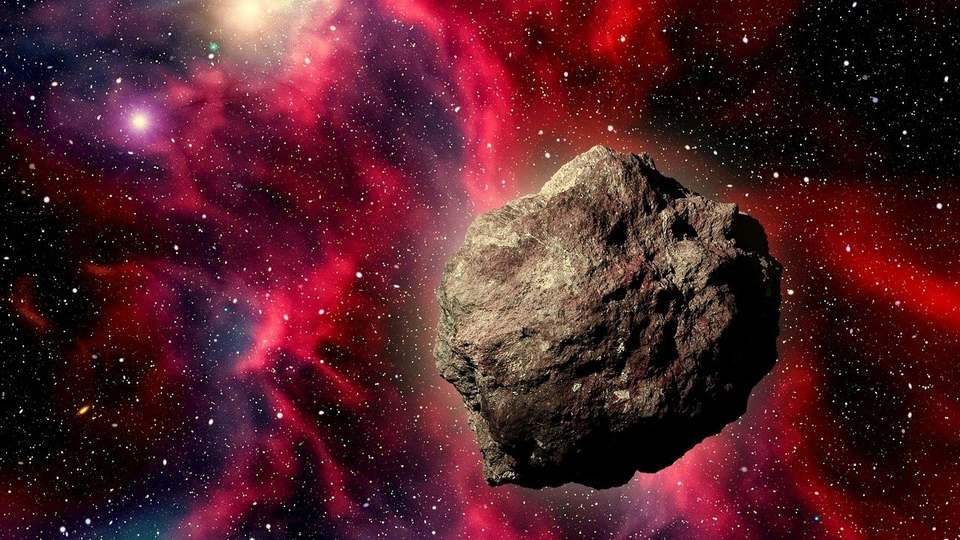

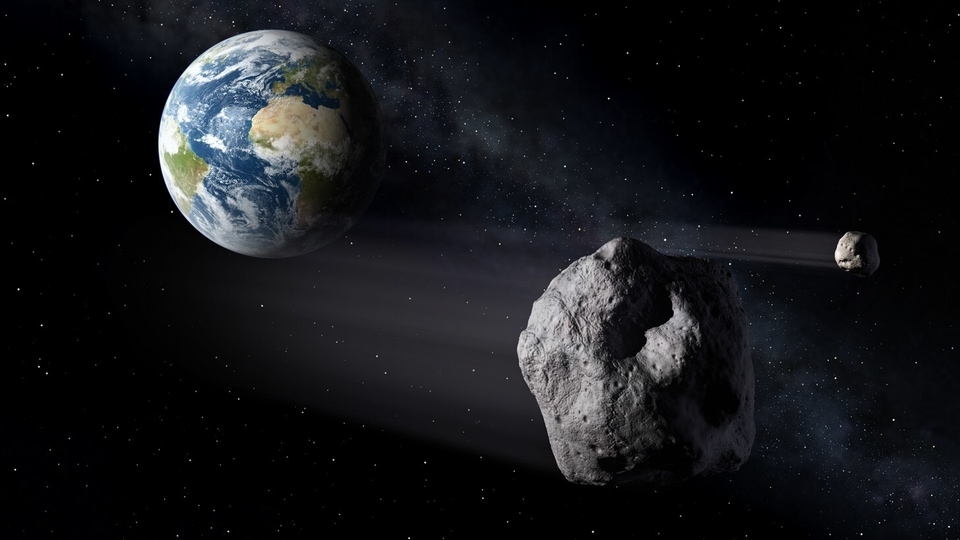
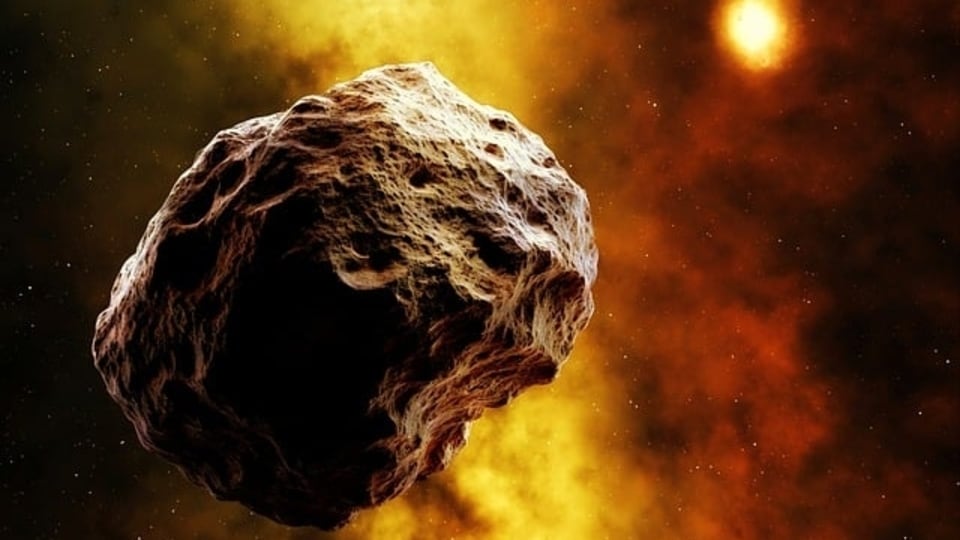
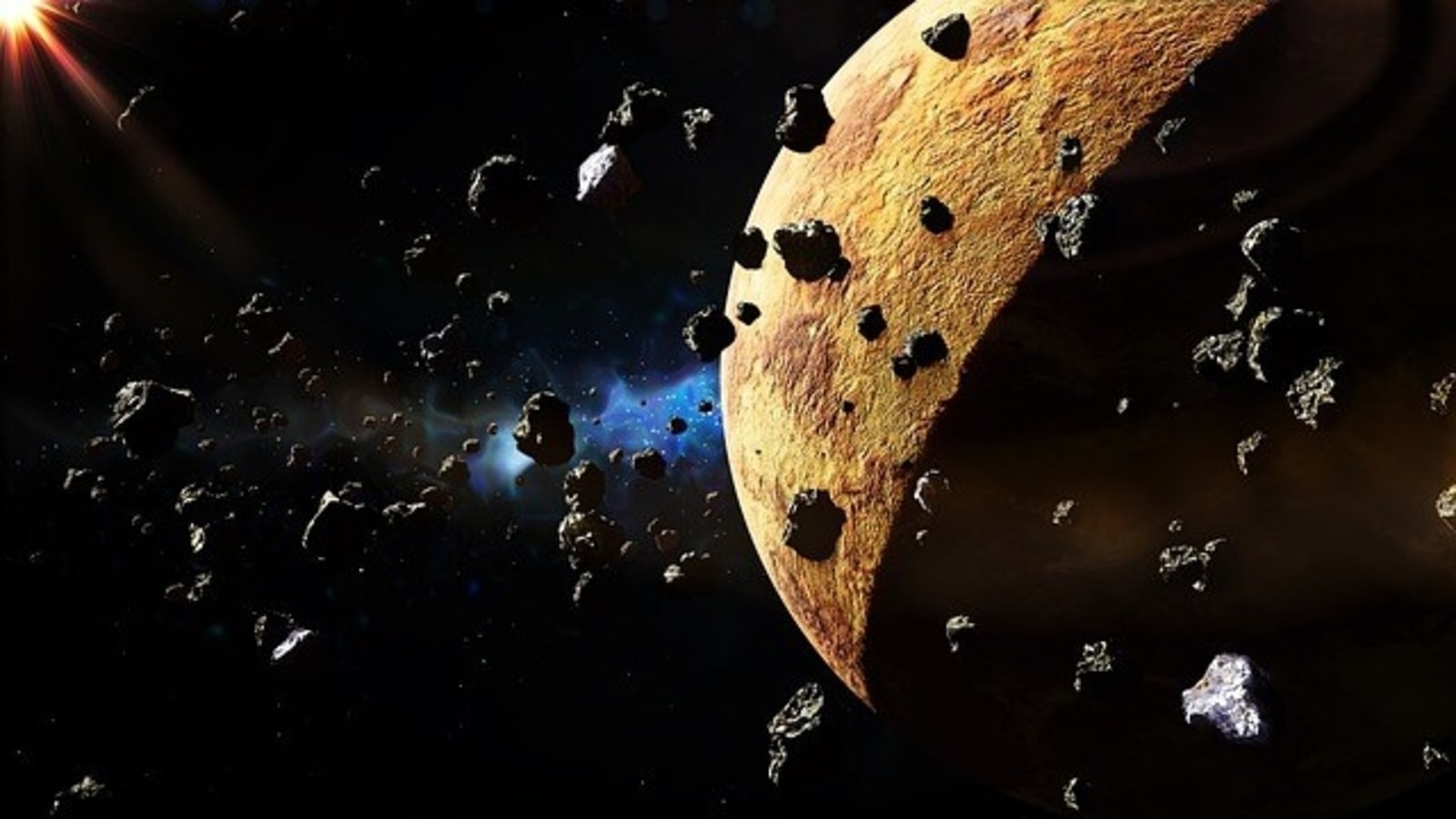
 View all Images
View all ImagesThe first day of April is set to get a celestial visitor in the form of an asteroid. With the help of its advanced ground and space-based telescopes, NASA has shed light on an asteroid that has been observed travelling in its orbit, with a trajectory that will bring it close to Earth today, April 1.
Also Read: 8 stellar images of Black Holes captured by NASA
Asteroid 2024 FQ3
NASA says Asteroid 2024 FQ3 is just one of the millions of asteroids that revolve around the Sun. These space rocks are mostly present in the main asteroid belt, located between the orbits of Jupiter and Mars. NASA's Center for Near-Earth Object Studies or CNEOS is responsible for keeping an eye on similar celestial objects, and it has revealed that Asteroid 2024 FQ3 will pass Earth today by a distance of 721,000 kilometers. That is less than twice the distance from Earth to the Moon!
Also Read: 10 best images captured by NASA's James Webb Space Telescope in 2023
It is travelling around the Sun in its orbit at a menacing speed of approximately 69357 kilometers per hour. This is much faster even a space shuttle! It belongs to the Apollo group of Near-Earth Asteroids, which are Earth-crossing space rocks with semi-major axes larger than Earth's. These asteroids are named after the humongous 1862 Apollo asteroid, discovered by German astronomer Karl Reinmuth in the 1930s.
How big is it?
In terms of size, the asteroid is just 38 feet wide and can be compared to a bus. While it is not expected to impact Earth's surface, NASA has still declared it as a Near-Earth Asteroid (NEA) due to its close distance of approach to the planet.
Also Read: What are asteroids and how ESA is tracking them
How does NASA track asteroids?
NASA says as soon as its telescopes track a new NEA, the asteroid's observed positions in the sky are observed by astronomers and reported to the Minor Planet Center. Then, the Center for Near-Earth Object Studies (CNEOS) determines its most likely orbit around the Sun by studying the data.
One more thing! We are now on WhatsApp Channels! Follow us there so you never miss any updates from the world of technology. To follow the HT Tech channel on WhatsApp, click here to join now!
Catch all the Latest Tech News, Mobile News, Laptop News, Gaming news, Wearables News , How To News, also keep up with us on Whatsapp channel,Twitter, Facebook, Google News, and Instagram. For our latest videos, subscribe to our YouTube channel.





